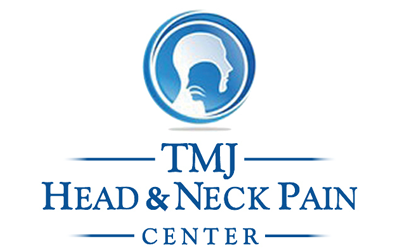- Schedule an Appointment Today
- (310) 231-5100
- drjelisha@gmail.com
TMJ Los Angeles Causes and Treatments
What Is Temporomandibular Joint (TMJ) Syndrome – TMJ Los Angeles
December 17, 2019TMJ DISORDERS
December 17, 2019If you clenched your teeth while watching the quintessential 70s thriller “Jaws” for the first time, your jaw was stimulating the TMJ (that’s dental pro speak for Temporomandibular joint). Too many big feasts, horror movies or, more seriously, too stressful of a lifestyle can lead to overstimulation and lasting symptoms of TMD (Temporomandibular disorder). Here are the basics on TMD, and some simple exercises to keep your jaw in good shape.
Causes and Symptoms of TMD
Jokes aside, TMD really is no joke. There are even entire studies within dentistry dedicated to TMD, with many dentists specializing in TMD because of its prevalence. TMD can be caused by overstimulation of the TMJ, clenching or grinding your teeth (be sure to wear a mouthguard at night!), an uneven bite, arthritis or other joint disorders.
If you have TMD, chances are you’re experiencing popping or clicking in the jaw (on just one side or both), difficulty opening or closing your mouth all of the way, aching of the jaw or pain around the ears and even potentially pain while chewing. But, luckily, there are some things you can do to both avoid developing TMD and ease the symptoms.
Stretches and Massages for TMD
Look at the world like a mouth half open with this easy stretch. Simply open your mouth wide, close it halfway, and then gently move your jaw side to side. Think of this like a little tune up to exercise all the joint connected to your jaw.
Another stretch that’s part self-massage is to open and extend your jaw in the range of motion (that means not to overextend into anything unnatural) in all directions. While doing this, press down with your fingers just in front of your ear canal — this is where your jaw meets your skull. Gently knead out any pain, and you should feel some relief.
If you’re feeling frosty, you can also apply trusty ice to bring down inflammation.
Things To Chew On… Or Not
If you’re a sucker for a turkey leg, be sure to not put stress on your TMJ by opening your mouth all the way and instead take smaller bites (Bonus: That turkey leg will last longer too). Soft foods are better all around, and larger/harder foods like toasted bagels, steaks and giant sandwiches put the most stress on your TMJ.
If you think you may suffer from TMD, or you think you’re grinding or clenching at night and want to avoid developing TMD, you should always visit your dentist or ask them about it during your next check-up. The longer TMD goes without being treated by dental professionals, the worse the symptoms get. One helpful treatment, if you have an uneven bite, is a non-invasive, non-painful procedure called occlusal adjustments — which basically reshapes your teeth to ensure they fit together.
